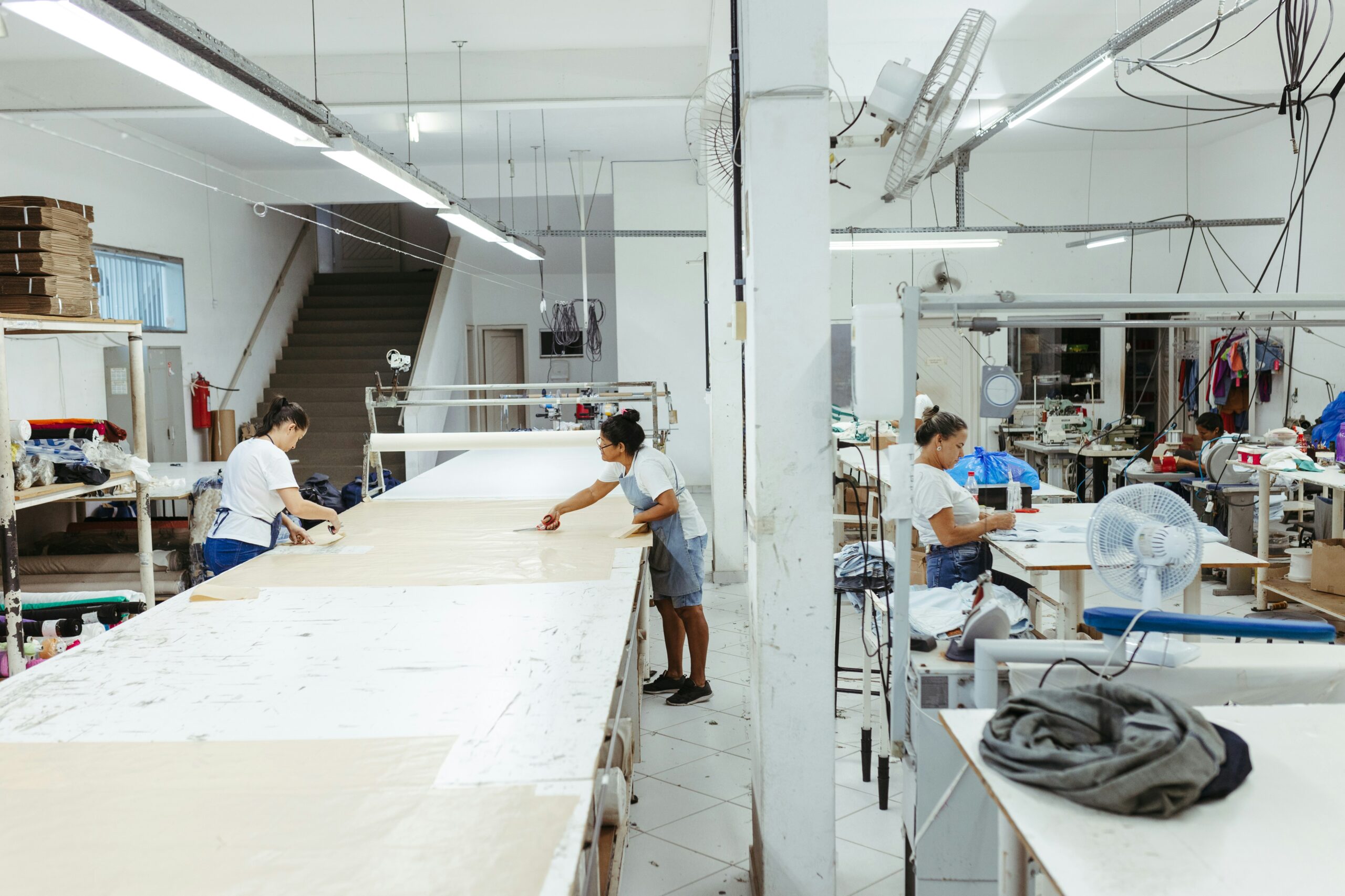
Sustainability has emerged as a key focus in modern manufacturing. As industries face growing environmental pressures and a shift toward greener practices, adopting sustainable manufacturing processes is no longer just an option but a necessity. This article examines how sustainability is impacting manufacturing practices and why it is crucial for the industry’s future.
Reducing Environmental Impact
The environmental impact of manufacturing has been a concern for decades. As industrialization has expanded globally, so has the carbon footprint of various manufacturing processes. However, many companies are now embracing sustainability as a way to reduce their environmental impact. By incorporating energy-efficient technologies, renewable energy sources, and waste-reduction techniques, manufacturers are helping to lower emissions and reduce the use of harmful chemicals.
For instance, industries are increasingly adopting lean manufacturing techniques, which aim to minimize waste in all forms—whether that be raw materials, time, or energy. By focusing on optimizing production processes, manufacturers can reduce their reliance on resources and improve overall efficiency. Furthermore, innovations such as solar-powered plants and recycling systems are allowing companies to lower their environmental footprint while maintaining high production standards.
Supply Chain and Resource Management
Effective supply chain and resource management are crucial components of sustainable manufacturing. Companies are now more aware of the need to source raw materials responsibly, ensuring that they do not deplete natural resources or contribute to ecosystem degradation. This can be achieved through practices such as sustainable sourcing, recycling, and even circular economy models where products are designed to be reused, repaired, or recycled rather than discarded.
The shift towards responsible sourcing has led to the rise of certifications and standards, such as Fair Trade and Forest Stewardship Council (FSC), which guarantee that raw materials are produced in an environmentally friendly manner. Additionally, incorporating these practices not only reduces environmental harm but also strengthens a company’s reputation. Many consumers today are more likely to support brands that prioritize sustainability, resulting in an increased demand for ethical products and services.
Innovations in Green Technologies
The integration of green technologies is one of the most significant trends in modern manufacturing. From automation to artificial intelligence (AI), manufacturers are finding new ways to improve their production methods while being environmentally conscious. For example, advancements in AI have enabled manufacturers to predict demand more accurately, reducing overproduction and waste. Moreover, robotics in production lines can enhance efficiency, reduce human error, and lower resource consumption.
Another breakthrough is the use of 3D printing, which allows manufacturers to produce products with minimal waste. Traditional manufacturing processes often generate a considerable amount of scrap material, whereas 3D printing utilizes only the exact amount of material needed, drastically reducing waste. This innovation contributes to a more sustainable manufacturing model by optimizing resource use and minimizing waste.
Cost Efficiency and Profitability
While the environmental benefits of sustainable manufacturing are clear, there is also a significant financial advantage to adopting green practices. Initially, transitioning to more sustainable practices might seem costly, but the long-term benefits far outweigh the investment. Sustainable manufacturing processes, including the use of energy-efficient equipment and waste reduction, often result in lower operational costs in the long run.
Energy costs, for example, can be a significant expense in traditional manufacturing. By switching to renewable energy sources, such as solar or wind power, manufacturers can significantly reduce their energy costs. Additionally, efficient waste management reduces disposal fees and even allows companies to recycle materials for reuse in their operations. Over time, these savings can lead to increased profitability and more competitive pricing, enabling companies to thrive in the marketplace while upholding sustainable principles.
Consumer Demand for Sustainable Products
The growing demand for sustainable products is influencing manufacturing practices worldwide. Consumers are becoming more conscious of the environmental and social impact of their purchasing decisions. As a result, there is an increasing preference for products that are produced in an environmentally responsible manner. This shift in consumer behavior has prompted companies to reassess their manufacturing processes and integrate sustainability as a core aspect of their brand identity.
For manufacturers, this is a crucial opportunity to meet the expectations of the modern consumer. By adopting sustainable practices, businesses can enhance their appeal to eco-conscious buyers, build brand loyalty, and gain a competitive edge. Moreover, transparency in sustainability efforts—such as providing information on sourcing, production methods, and carbon emissions—can help strengthen the bond between companies and consumers.
The Future of Sustainable Manufacturing
Looking forward, sustainable manufacturing will only continue to grow in importance. As technology advances, the potential for greener, more efficient manufacturing processes will increase. Moreover, with governments worldwide implementing stricter environmental regulations, businesses that adopt sustainable practices early will be better positioned to comply with future regulations and avoid costly fines.
The shift to sustainable manufacturing is not just a trend; it is the future. By embracing these practices, companies can reduce their environmental footprint, improve resource management, and ultimately achieve greater profitability. Sustainability in manufacturing represents a win-win scenario—both for the planet and for business.